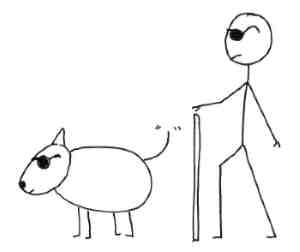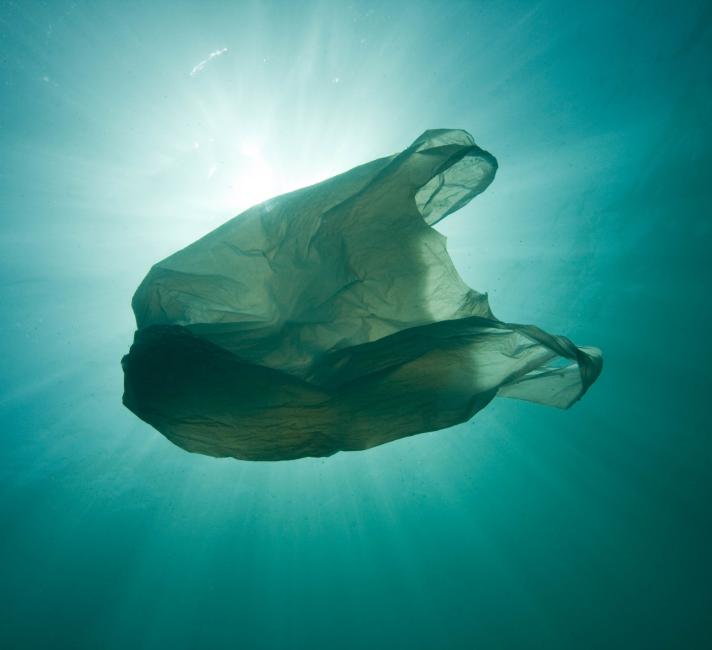The latest is that even though we are recycling, we are not recycling hard enough. There is a tired story still doing the rounds of old folk (40+) getting fed up with young people (the 'we discovered everything' generation) telling them how to recycle. Recycling changes. In 'my day' we collected silver foil and milk bottle tops for the Blue Peter appeal for the Guide Dogs for the Blind. We sent it all into the studio BBC TV Centre, London W12 8QT (every British child of the 80s will remember that address by heart), and the program raised enough money to fund two guide dog puppies, and subsequently followed their training. I actually thought they were blind dogs, not dogs for the blind, and though I have nothing at all against blind humans, I was a little disappointed that my efforts did not go towards helping sightless canines.
Not all plastic is accepted in recycle bins (only numbers 1, 2, 3, and 5 - the number is printed within a triangle on the container); neither is all glass (if it has been heat-treated; it is unacceptable. Yes, all glass is heat-treated, I would have thought, but...). Cardboard and paper are fine, but shredded paper is not. If you want to protect your identity, it will have to go to landfill; take your secrets to the grave, as it were. Anything smaller than a credit card should not be put into recycle bins - it ends up in the ocean and kills the turtles.
There is also the issue of conflicting information: the ACT Government website states, 'Keeping recyclables clean is important to ensuring they can be processed effectively and are able to be sold in competitive markets. We need people to wipe, scrape or rinse out food and drink before placing containers in the recycling bin.' But, an ABC News article of February 2019 trumpets, 'As opposed to other places in Australia, you do not need to worry about rinsing bottles, jars or yoghurt containers in the ACT. There really are no excuses!'
Do you ever feel like a plastic bag? No, Katy Perry, I don't. But thanks for asking.



